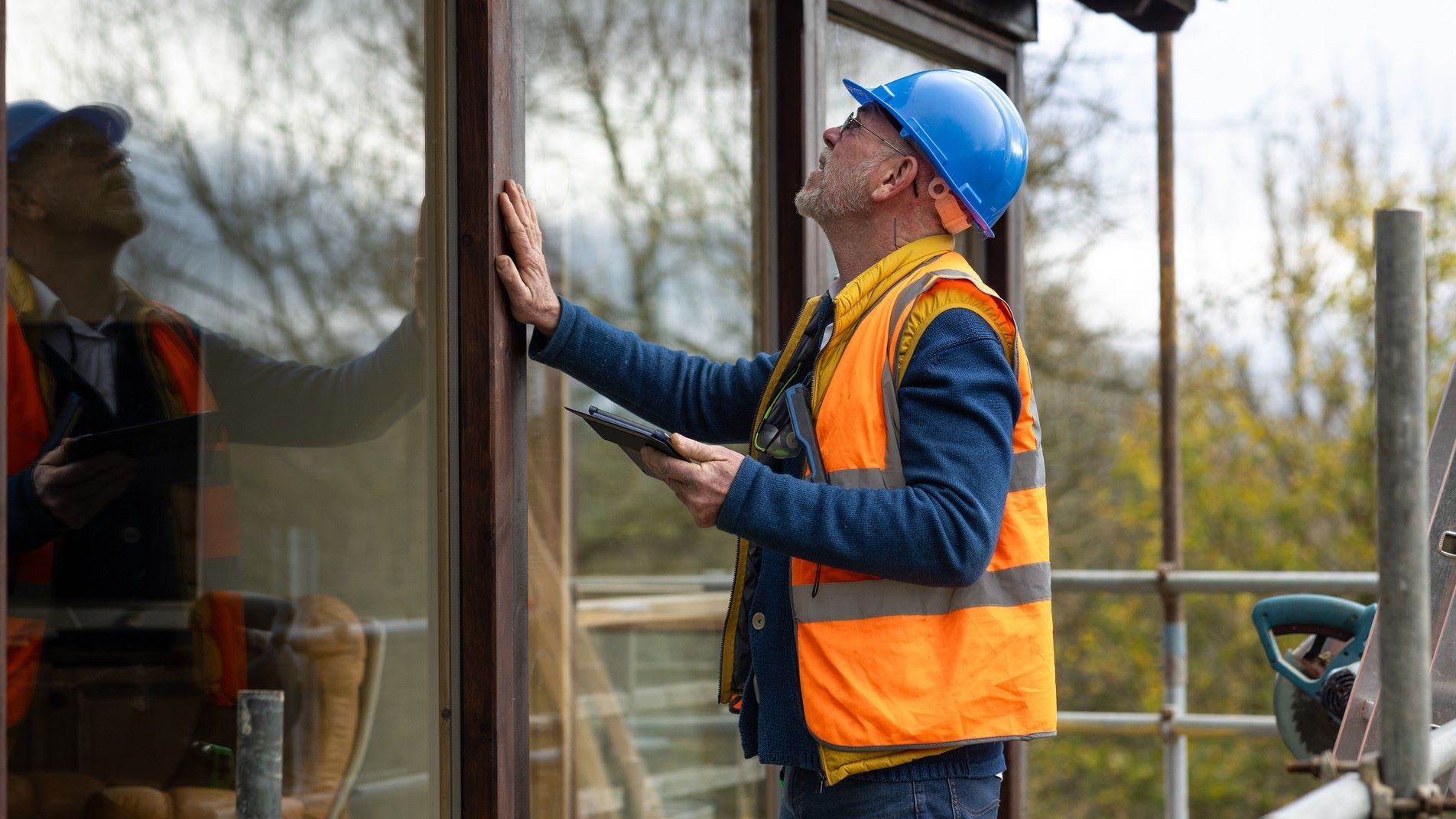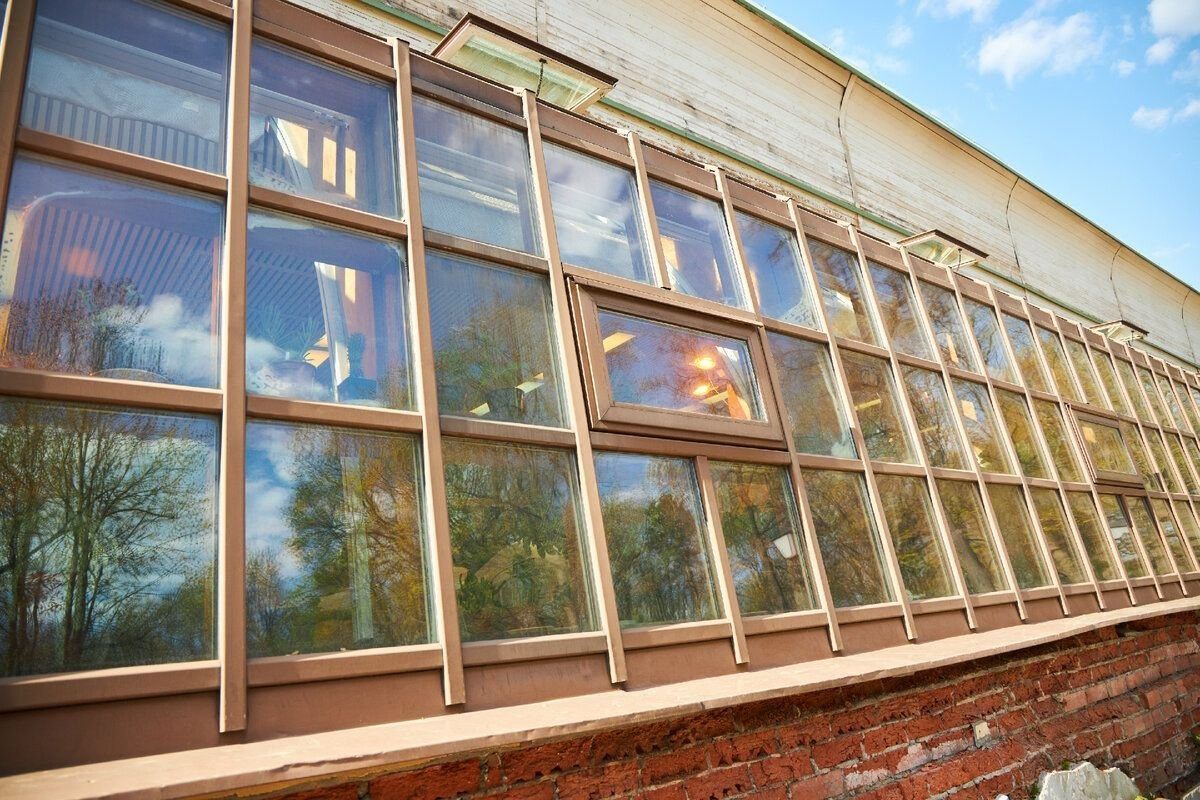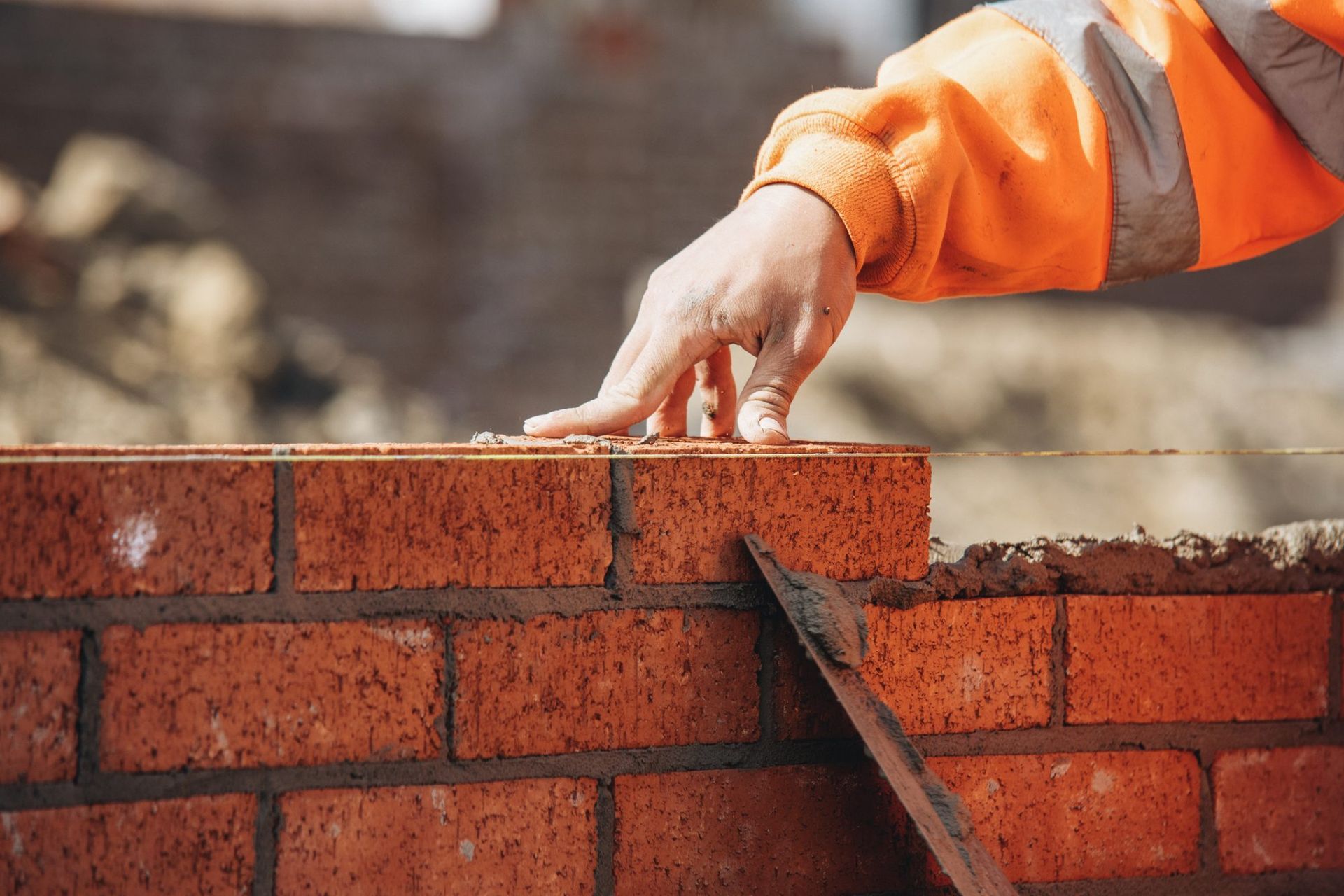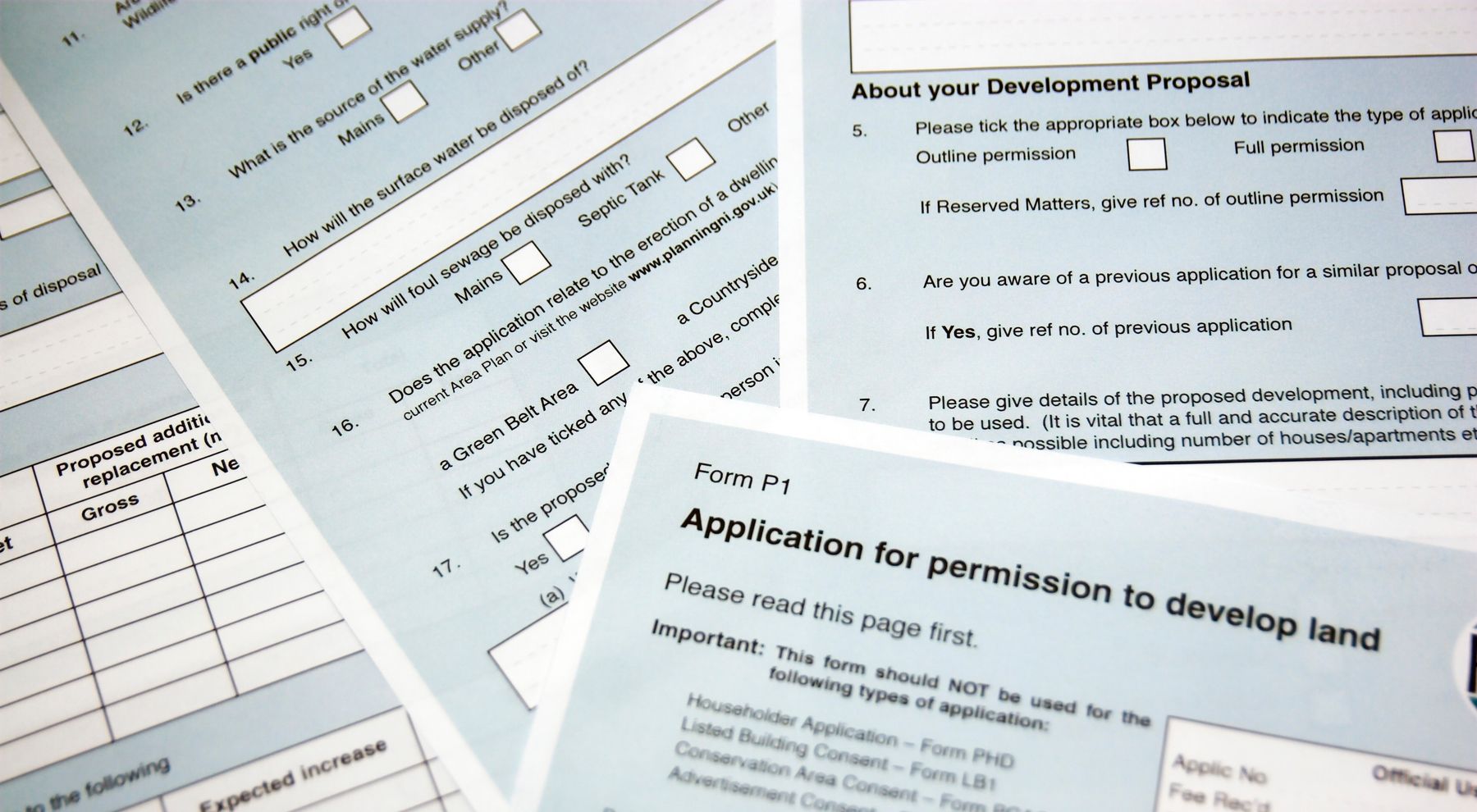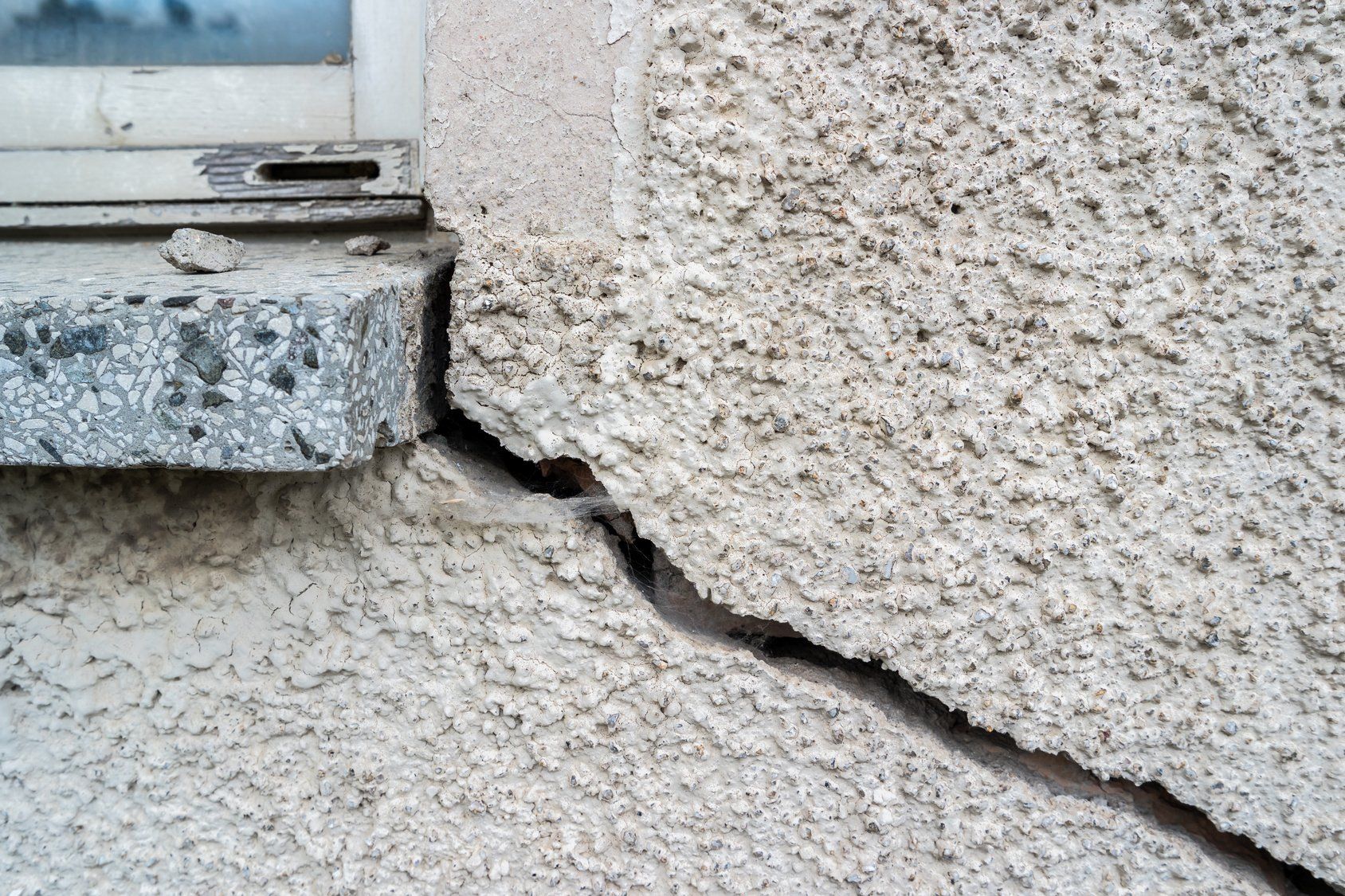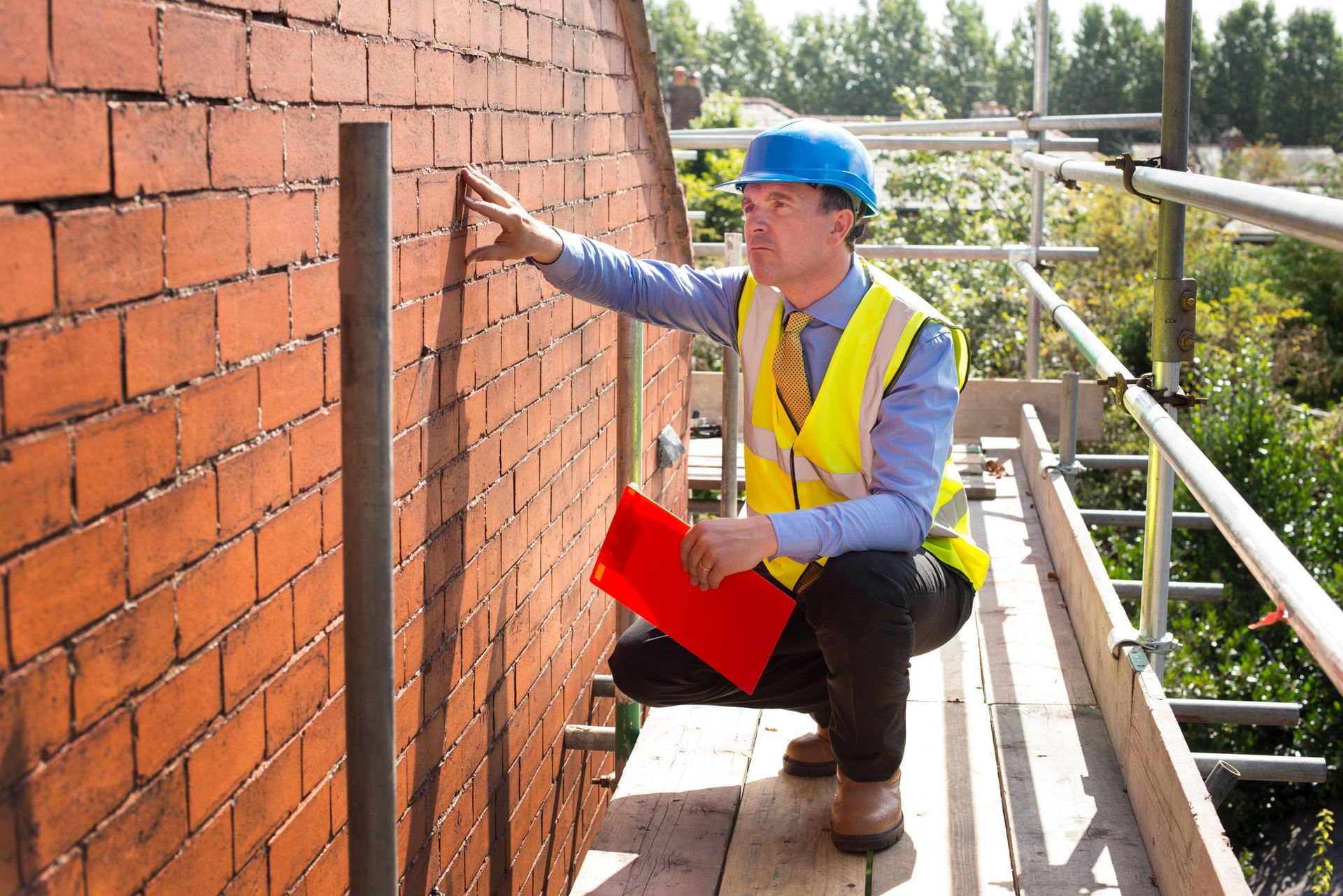What Causes Mould and How Can You Treat It?
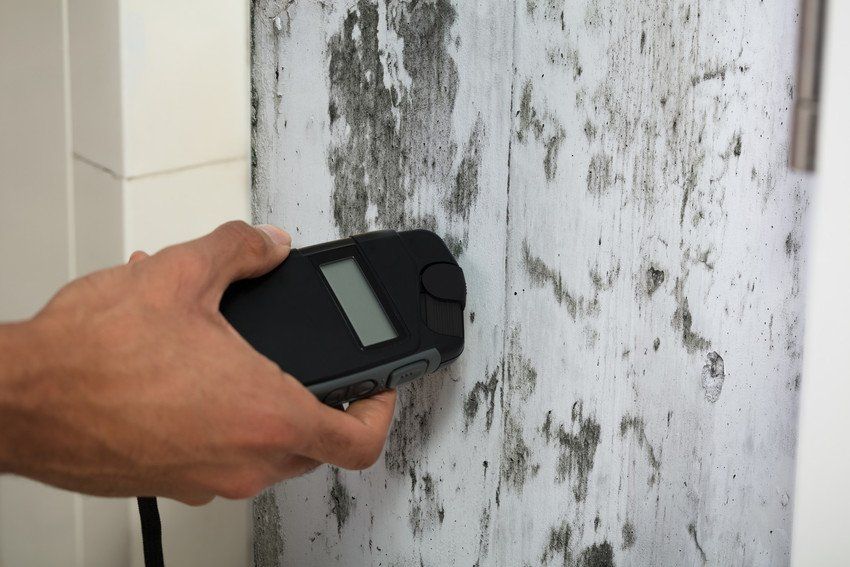
The presence of mould in your home will always be unwelcome and it can cause a range of issues, from health problems to structural damage. Black mould can be very obvious if it’s present on walls or ceilings, but even if you can’t see it, you might smell a telltale musty scent.
It’s important to treat mould as soon as possible before the problem spreads or causes any structural damage, and it’s especially important if anyone in the house suffers from asthma or other respiratory problems. If you suspect that you might have mould in your property and want to know more about the causes and treatments, read on for our brief guide.
Mould is caused by damp and excess moisture entering a building, but there actually several different types of damp and it can be difficult to identify which one is the cause. These include rising damp, penetrating damp and leaks caused by burst pipes, however 80 to 85% of mould problems are caused by excess condensation.
Condensation can build up if your home isn’t well ventilated, especially in old houses which may not have sufficient insulation. Condensation problems can occur all year round, but they’re particularly common between October and April, when the weather tends to be colder and wetter.
Mould can be removed using specialist cleaning products and an old cloth, however this is often a short term solution and the problem could return. If you want to get rid of mould for good then you need to address the underlying cause of damp.
Ensure your home is well ventilated and keep windows open to let air circulate, especially when cooking or showering. You might also need to increase your insulation or call a damp specialist for professional damp proofing treatments.
If you want to establish the cause of mould in your home, call Simon Levy to arrange a building defect diagnosis. Our experts have all the skills, knowledge and professional experience you need to identify the cause of mould, damp or any other building defects in your home. We’ll provide you with a detailed report of our findings, including the exact cause of the issue and ways that it can be remedied. For more information about our services or to book a building diagnosis, give us a call today or visit our website.


